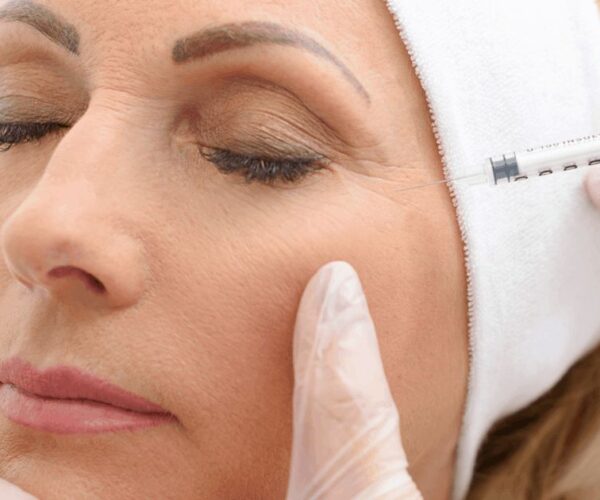Botox is the most common treatment to minimize visible signs of aging, such as crow’s feet and forehead lines. It is an excellent alternative if you don’t prefer cosmetic surgery. Although Botox Chalmette is a quick and relatively painless procedure, it uses a neurotoxin and should not be taken lightly. Like any other treatment, it is best to research to make an informed choice. If you are considering Botox therapy, below are some things you should know.
Botox injections cause side effects.
Working with an experienced doctor minimizes the likelihood of complications. However, side effects such as pain, swelling, and bruising at the injection site are normal. Below are complications that may occur after Botox treatment.
- Headache or flu-like symptoms
- Crooked smile
- Excessive tearing or eye dryness
- Droopy eyelids
While rare, the toxin in the injection can spread in your body, causing side effects like muscle weakness, vision problems, breathing problems, and loss of bladder control. One may also have trouble speaking or swallowing. Call your doctor immediately if you notice any of these effects hours to weeks after Botox therapy. Botox therapy is unsuitable for pregnant, breastfeeding women and people allergic to cow’s milk protein.
Select your doctor carefully
A trained and experienced doctor must administer Botox injections because they should be placed precisely so that the toxin doesn’t spread in your body. If administered incorrectly, this treatment can be dangerous. Therefore, it is important to ask for a referral from your primary care provider or look for a doctor who has experience administering Botox treatments. A skilled and certified doctor can advise you on the procedure and determine if it suits your needs and health.
Aftercare is important
There are no exceptions to returning to normal activities after a Botox injection. However, the neurotoxin injected into your muscle needs time to settle, so you should avoid rubbing or massaging the treated area for 24 hours; this prevents the toxin from spreading in your body. Avoid activities such as applying makeup on the treated area and exercising.
Results are not permanent.
Botox injections don’t offer permanent results; you require regular follow-up injections to maintain the effect. You may notice results within three days after treatment, but it can take up to two weeks for the full effect to kick in. The effects may last three months or longer, but the average time is four months. How long the results last depends on the injected area, the number of injections, and the quality of the Botox. Any adverse reactions you might develop won’t go away until the neurotoxin wears off.
Botox treatment is not painful.
Many people don’t experience much pain during the procedure; the discomfort is usually tolerable. You will not feel any pain if your specialist uses a topical anesthetic. But even without a numbing agent, the pain is minimal, and you may only feel a sudden, little pinch.
If you have questions about Botox injections, consult your provider at ENT of New Orleans.




